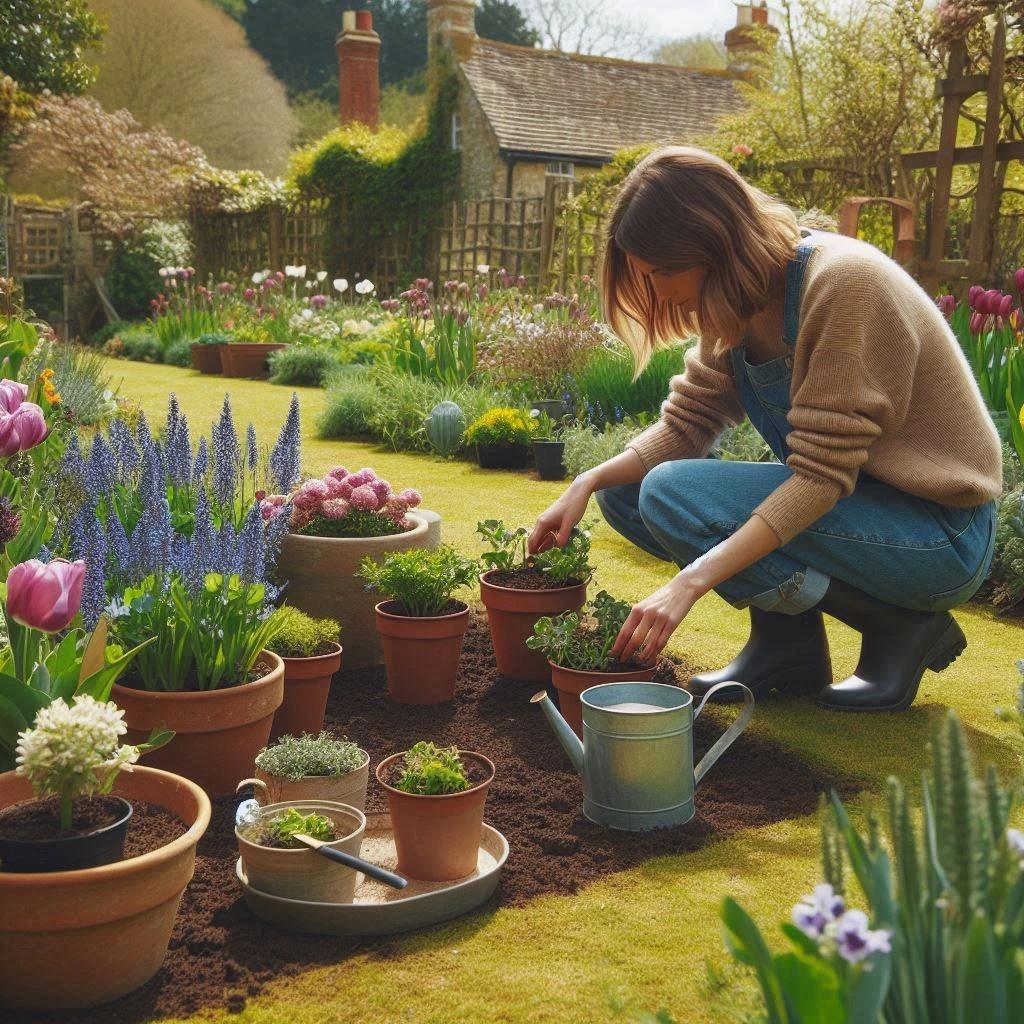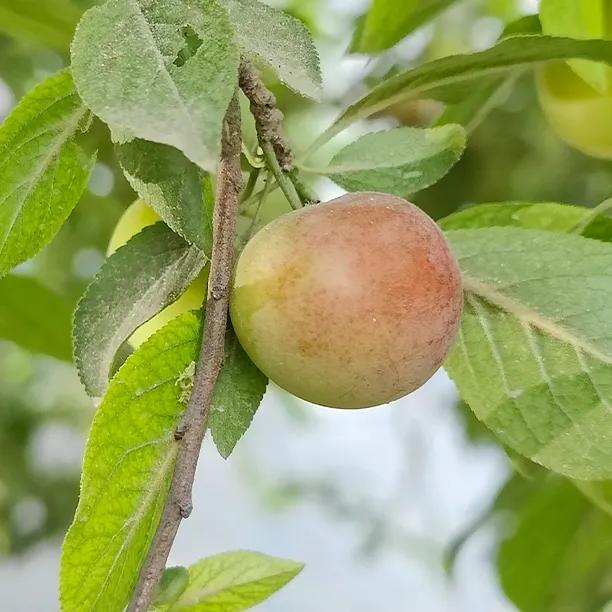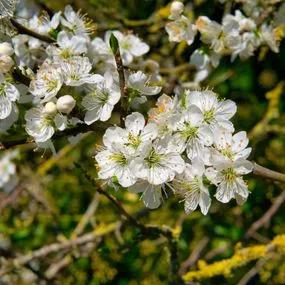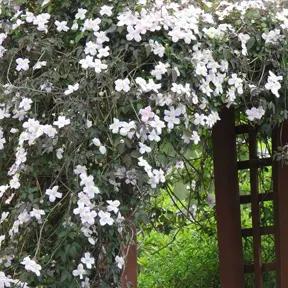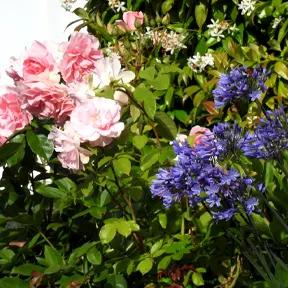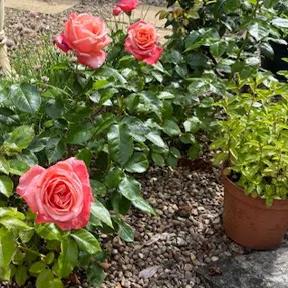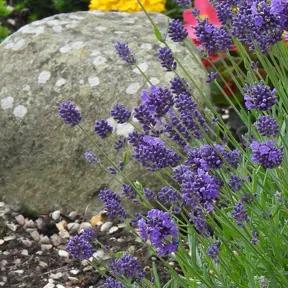Cambridge Gage Trees
- Eating & Cooking.
- Self Fertile
- Crops in late August
- Pollination Group D
- RHS Award of Garden Merit
Recommended extras
Description
Prunus Cambridge Gage
Description of Cambridge Gage Trees & Fruit:
The Cambridge Gage is one of the most popular greengage trees. It is almost as delicious as the Old Greengage, but while that tree often bears quite small yields, the Cambridge gage is a reliable cropper and also self fertile. The sweet fruit are equally good for eating fresh and making jam. The trees are naturally compact and shouldn't require any pruning.
Browse our range of plums & gages or all of our fruit trees.
Characteristics of Cambridge Gage Trees:
- Self fertile.
- Crops in Late August.
- Pollination group D
Growing Cambridge Gage Plum Trees:
Rich soil is important - dig in plenty of good manure and compost before planting.
Soil drainage must be good.
The more sun your trees get the better your crops will be.
Cambridge Gage Rootstocks:
Please note that all our Cambridge Gage trees are on St Julien A rootstocks unless otherwise described.
Pollination Partners for Cambridge Gage:
Your trees must be pollinated to make fruit. Your trees are in pollination group D, which means that they will cross pollinate with trees in groups C, D and E of our plum tree pollination table.
History & Parentage of Cambridge Gage:
Your trees were bred in Cambridge by Chivers & Son and were trialled in 1927. They are a seedling of the venerable Old Greengage.
It's Summer Planting Season 2025
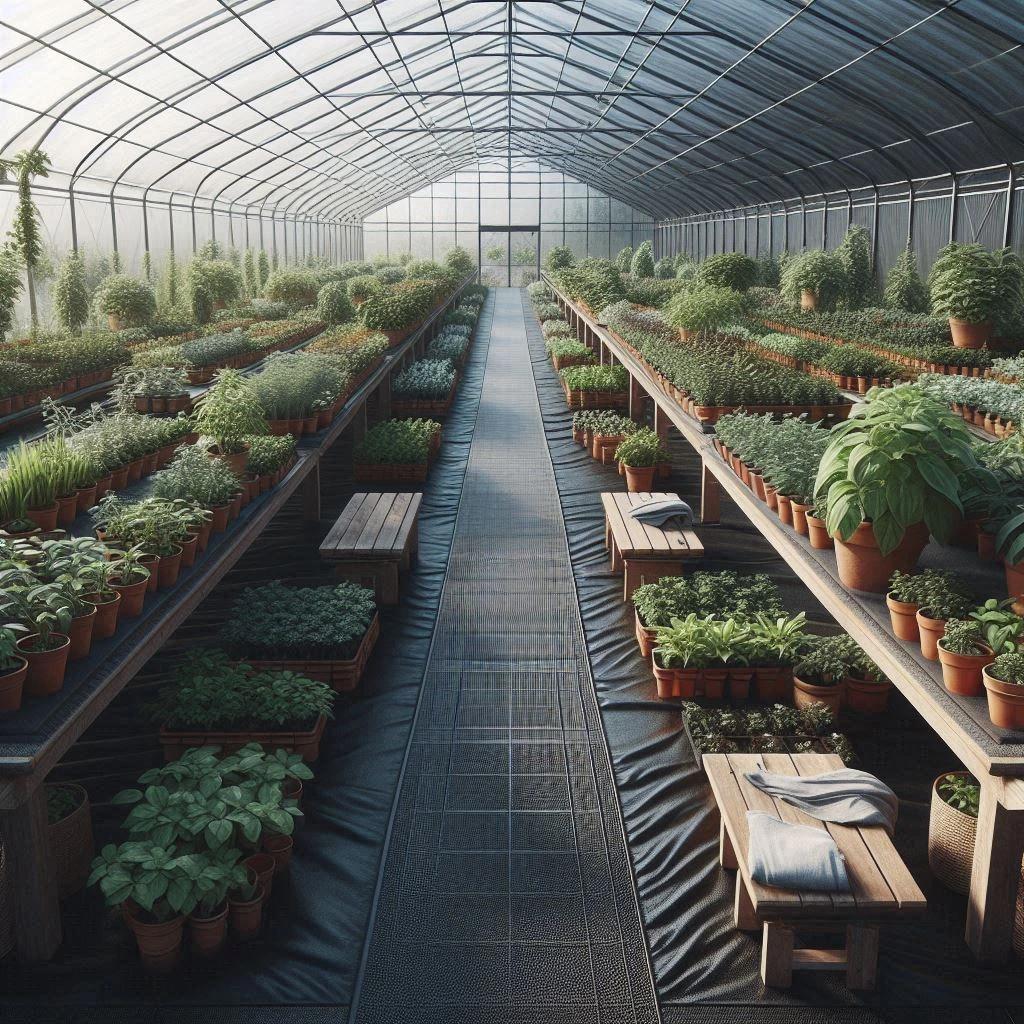
Pot Grown & Plug Plants Delivered

Direct from the Nursery Value

No more broken plants in the post!
